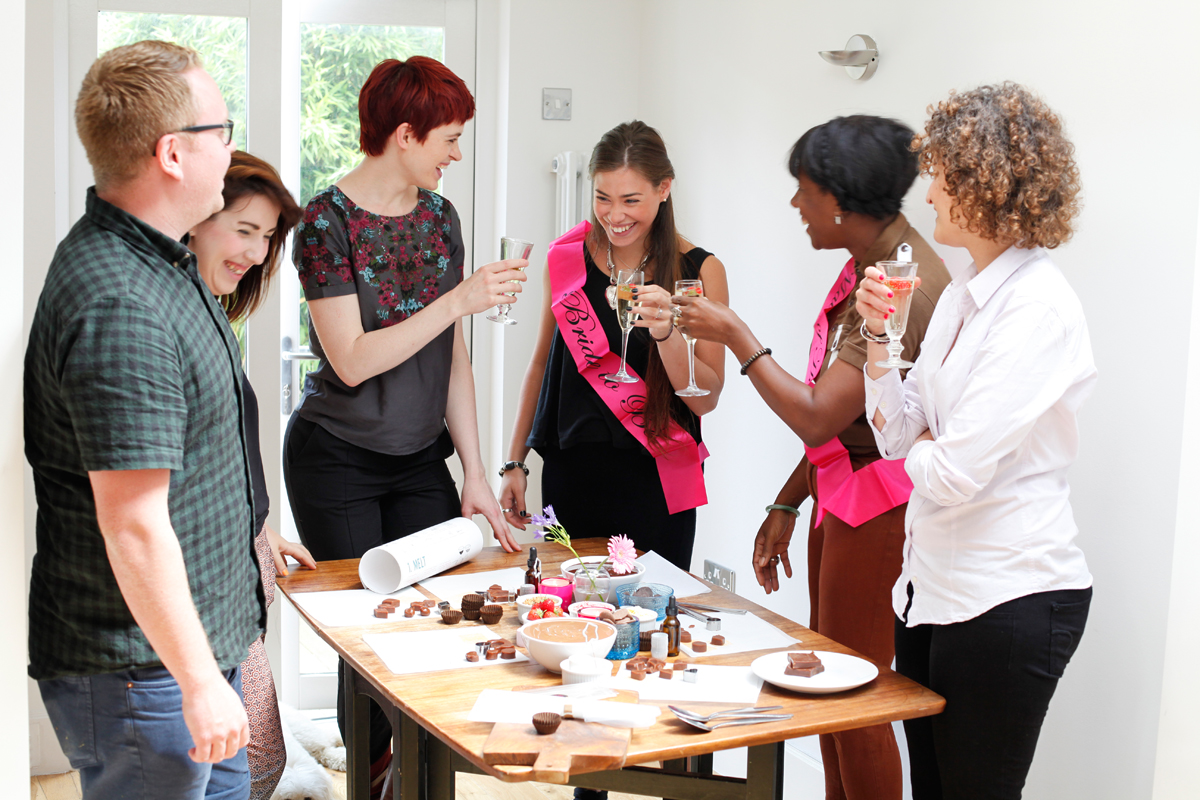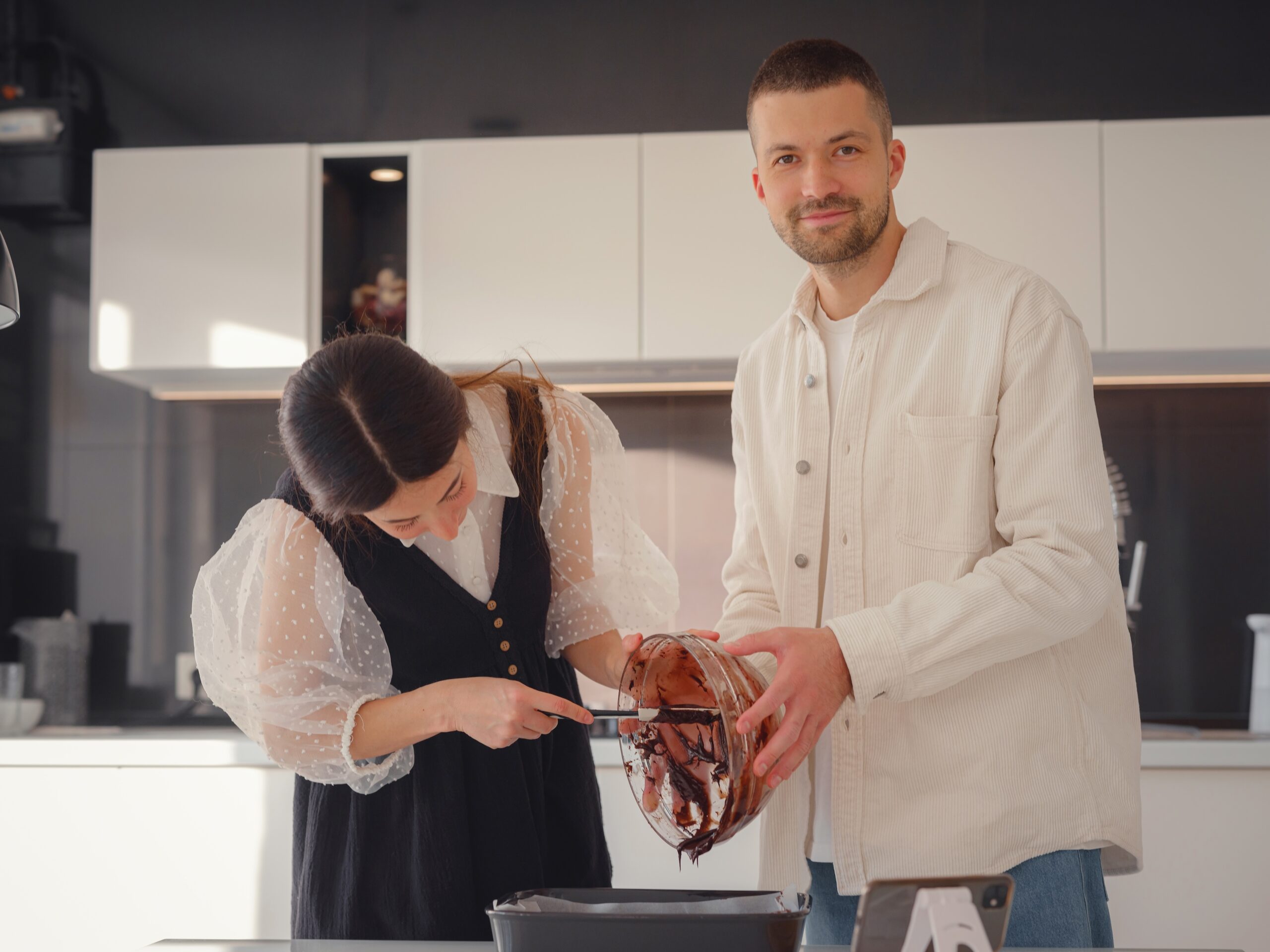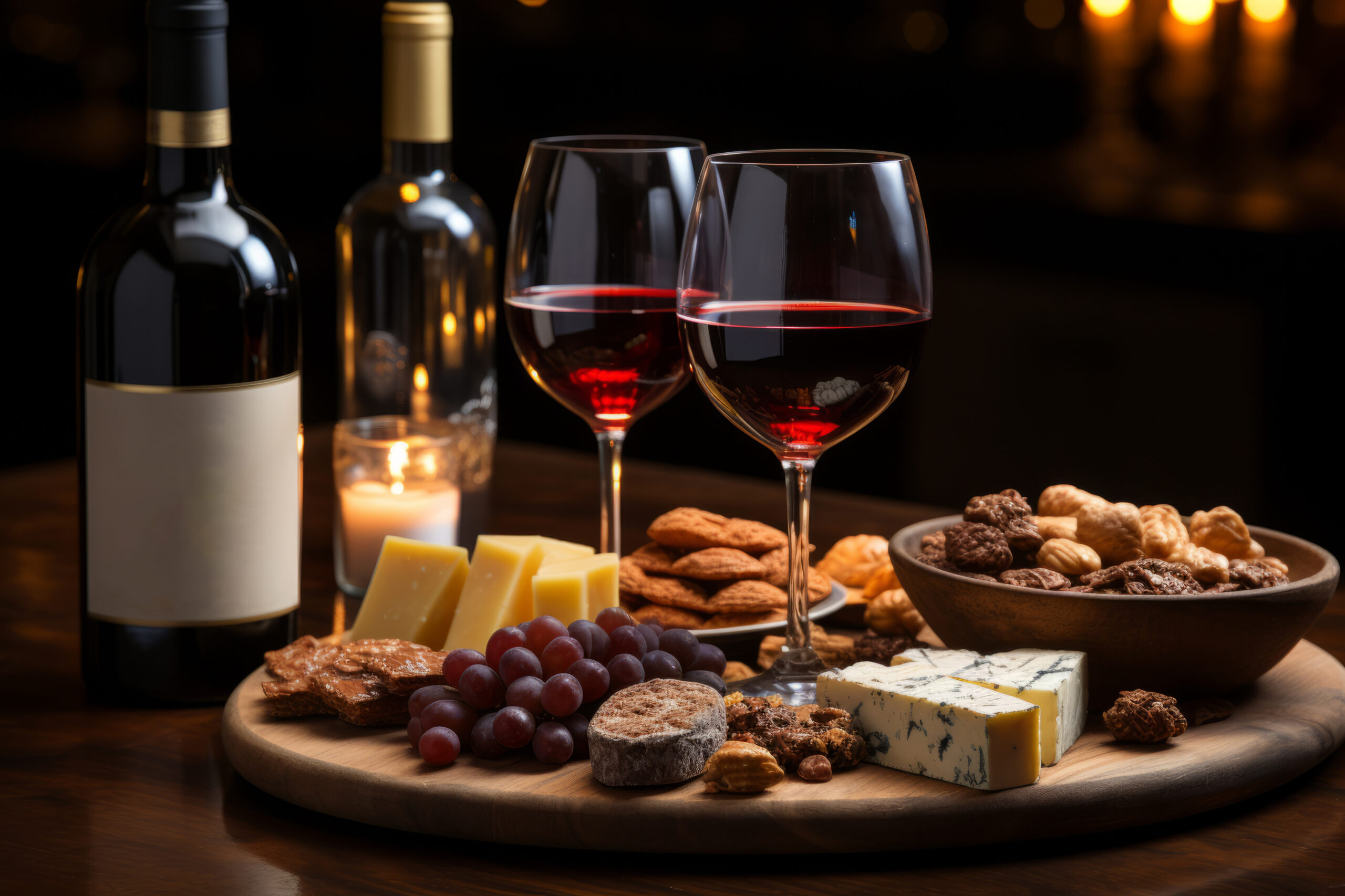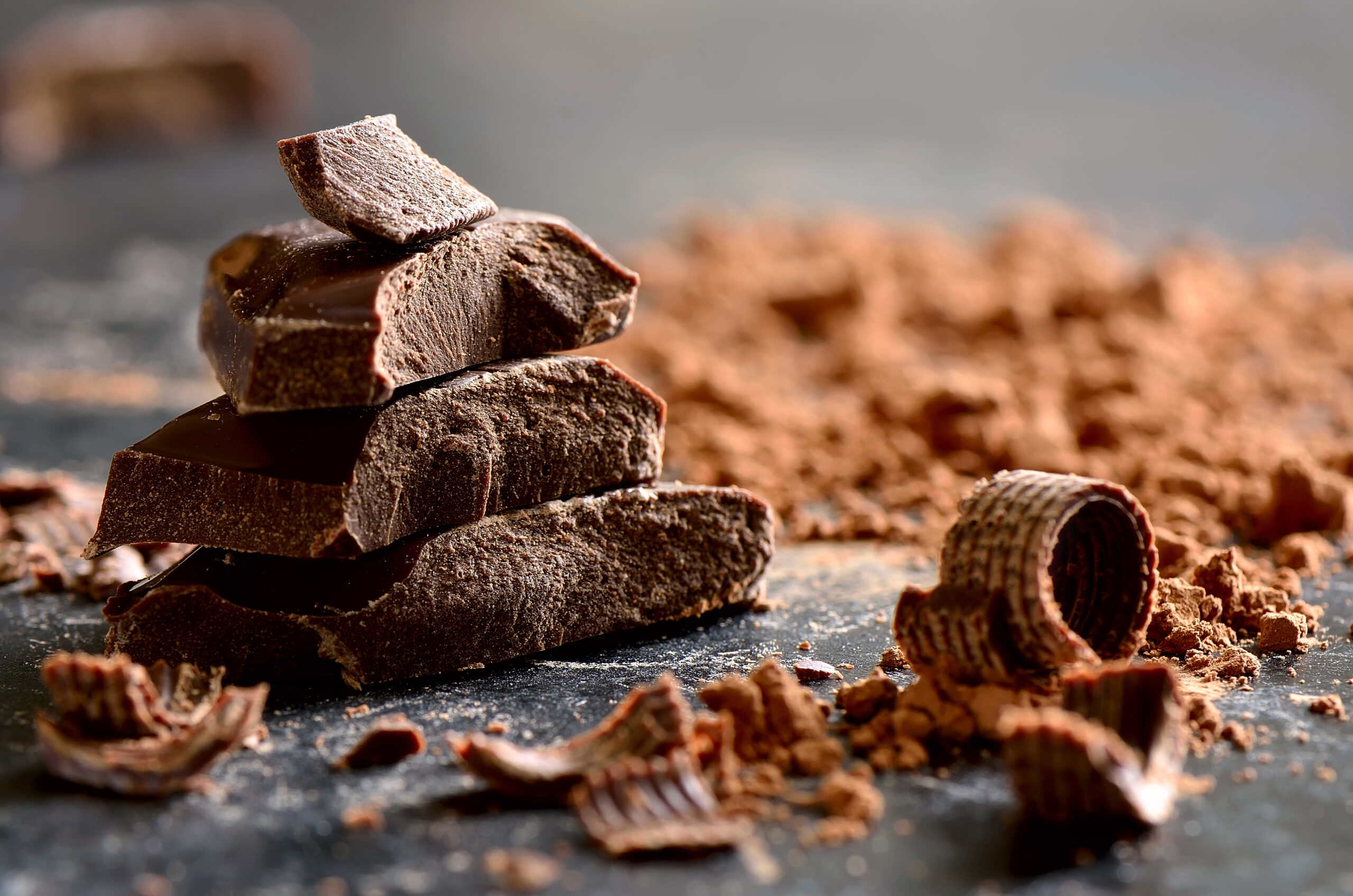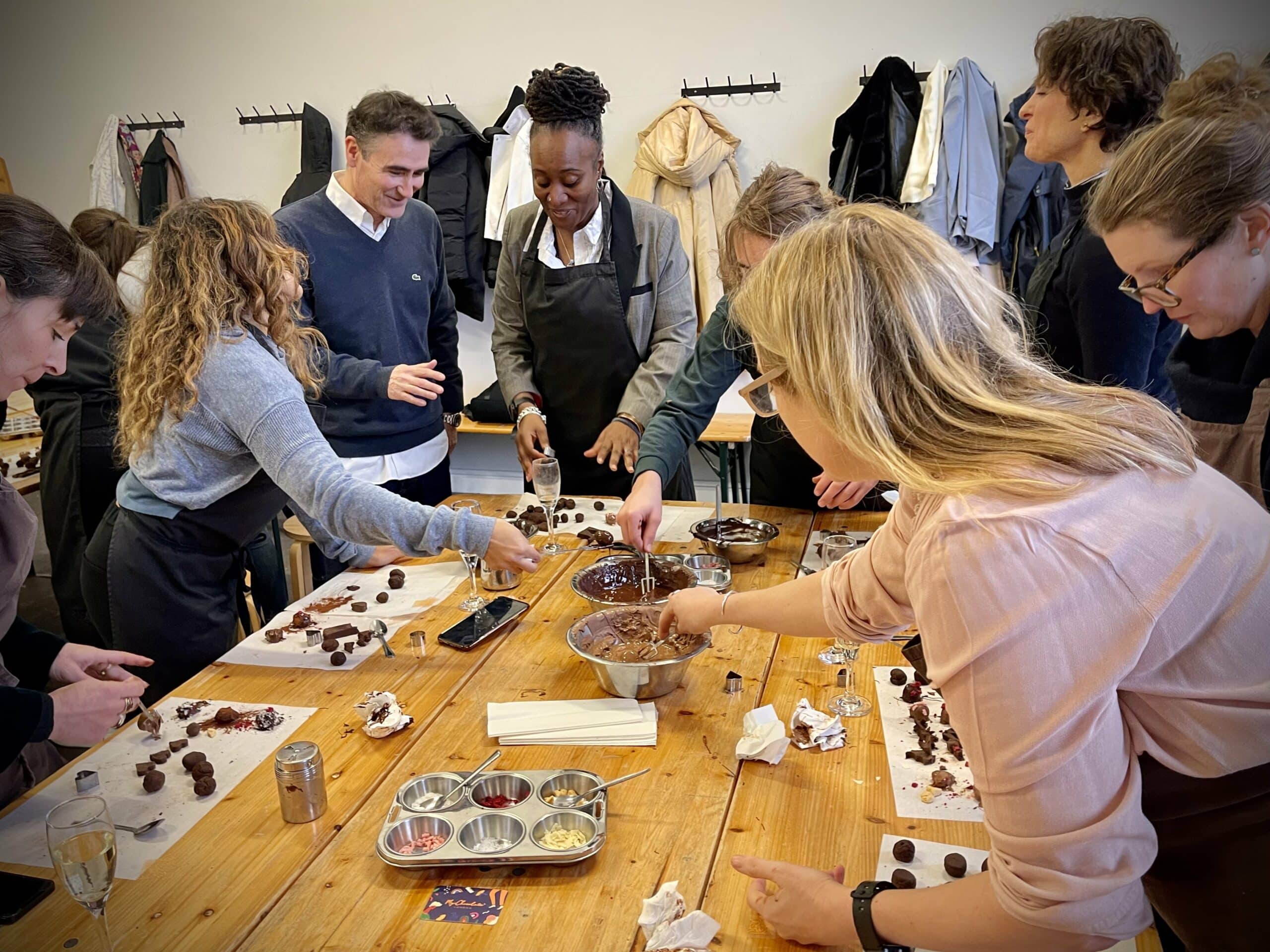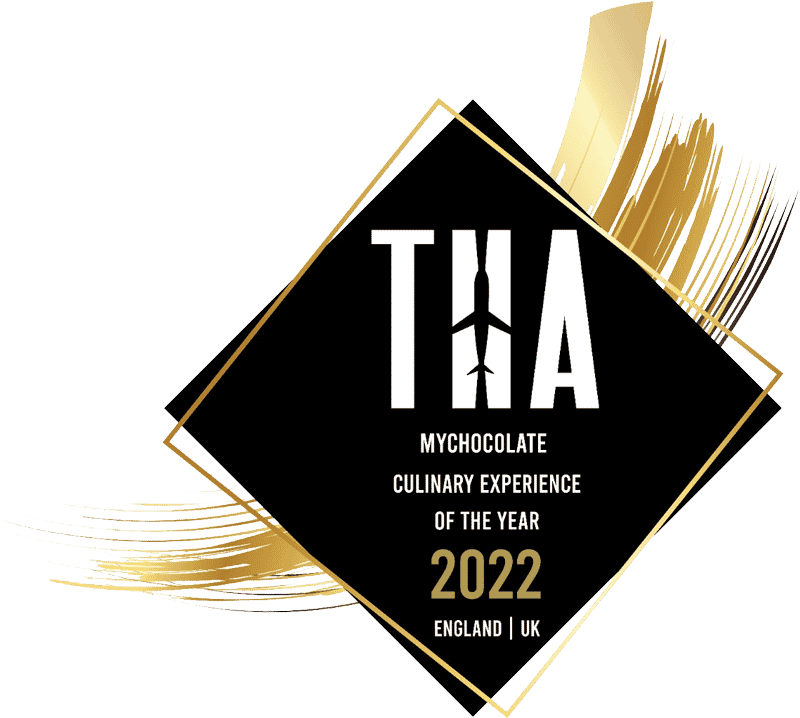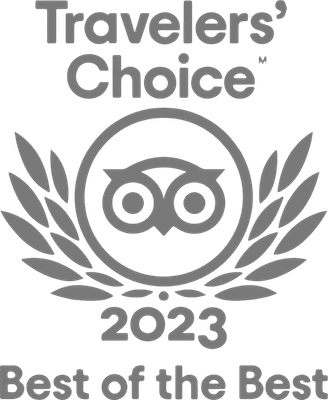As cacao beans grow in tropical and usually extremely remote and poor parts of the world, the working conditions of the workers doing the hard work – the harvesting – are often fragile to say the least. Wages can be compressed and slavery and child labour have been known to exist in some parts of Western Africa, where the majority of the world’s chocolate bars originate from. It’s a very serious and distressing part of an industry most people gain huge amounts of pleasure from numerous times on a daily basis.
Luckily, over the course of the last two decades, intrepid human rights activists have opened the worlds eyes to many of these issues and consumers have responded accordingly. Nowadays, chocolate in shops is no longer referred to as being merely ‘chocolate’; rather it is prefixed with words like ‘fairtrade’, ‘organic’ and ‘ethical’. This has been done by companies in direct response to the growing body of consumers who are not willing to simply sit back and consciously eat and enjoy cheap chocolate whilst knowing all too well about common industry injustices. The MyChocolate team are thrilled that this is the case as we strongly believe that the big players in the industry have a corporate duty to make sure people benefit on every level from the globes insatiable appetite for all things chocolate. The money pot is plenty big enough for them to be able to do this.
At MyChocolate teambuilding and corporate events, we always go out of our way to source only the finest organic chocolate to use in our chocolate workshops. On a day to day basis in your local shops, we recommend keeping an eye out for the following things to ensure that chocolate doesn’t compromise your conscience:
- Fairtrade: If chocolate is marked as being fair trade, then you can eat it in the knowledge that those involved at its origin are making a fair amount of money from their commodity. Fairtrade see that farmers receive at least a certain amount of money and this is usually driven back in to the local communities. It’s quite brilliant to think that when you’re next in the supermarket in somewhere like London or Manchester that you can help people out in a profound way by simply spending pennies extra on your chocolate bar. Lazy philanthropy at it’s very finest!
- Organic: If chocolate is labelled in this way then you know that it has been grown in an area which has been free of often toxic pesticides for a prolonged period of time. This can improve the health of the workers who harvest and monitor the cacao beans, as well as the immediate local ecology. There is usually a premium charged for these products but it’s minimal and absolutely worth it in our humble opinion.
It’s also worth keeping an eye out on individual brand websites because they will more often than not indicate that part of their money is spent on various admirable projects in the country where the chocolate originates from. This strengthens their relationships with their suppliers and it also helps them with branding, so do take a look.
If you fancy having some chocolate fun then please do get in contact with MyChocolate and we’ll get back to you asap. Hopefully you can come along to one of our chocolate party’s or corporate events and enjoy the sweet taste of some organic chocolate!
